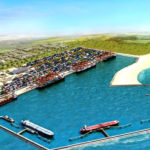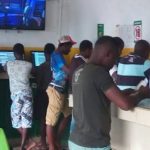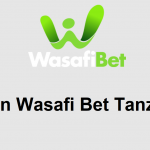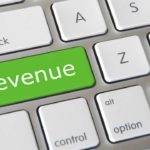Economy
Why Nigeria May Hike Pump Price, Raise Interest Rate, Devalue Naira in 2019
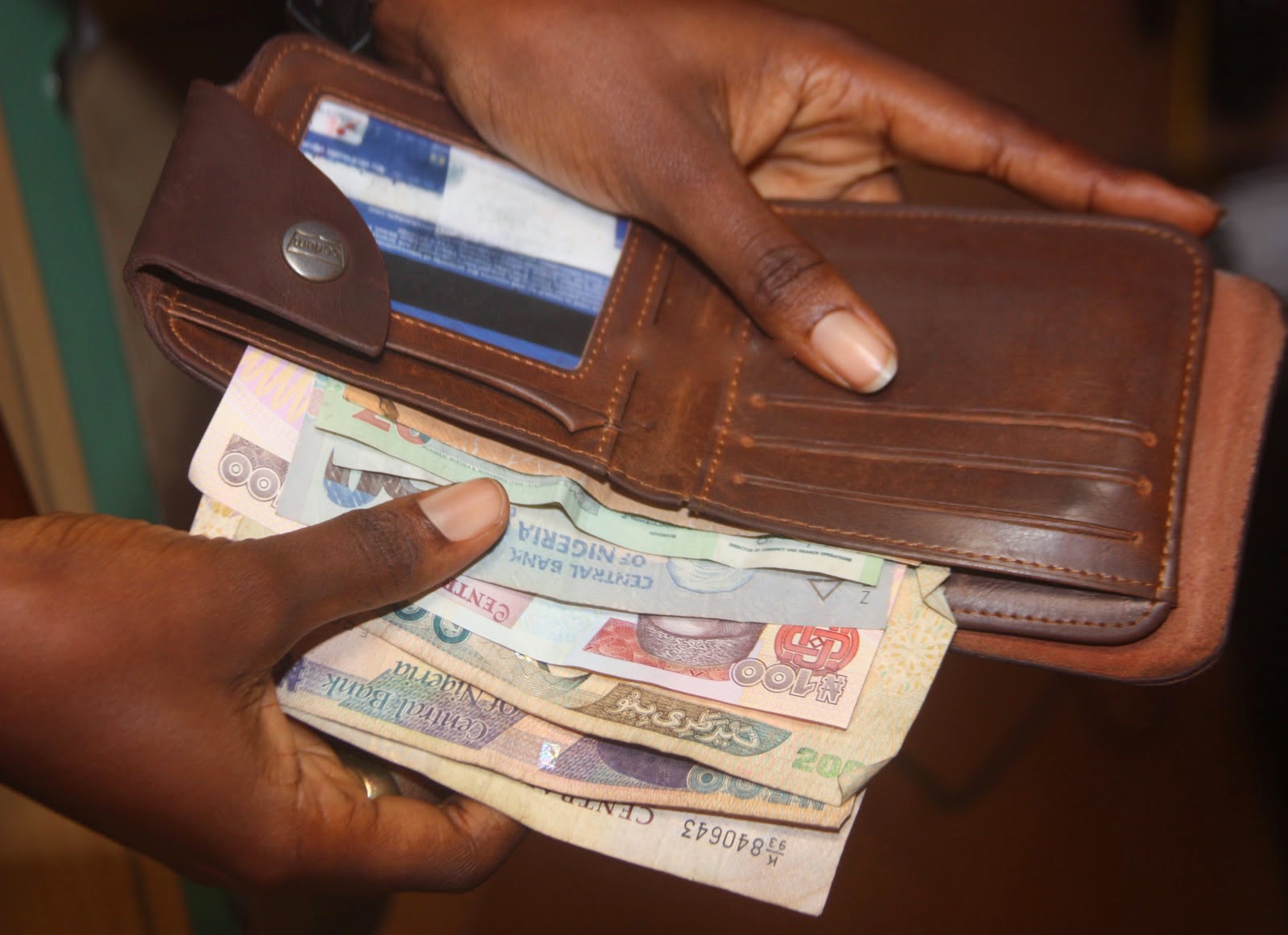
By FSDH Research
Certain key events, both at the global level and in Nigeria, will influence economic and business activities in 2019.
FSDH Research examines a few of these events and discusses the implications for businesses and investments in Nigeria.
The expected hike in interest rates in major advanced countries will lead to an increase in global yields and may put pressure on currency in Nigeria.
There are strong indications that the US Federal Reserve, Bank of England and European Central Bank will increase interest rates in 2019. The expected increase in the interest rate in the international market may also lead to an increase in the interest rate in Nigeria because of monetary policy adjustments to reduce capital flight.
Nigeria may lose a substantial amount of its projected crude oil revenue due to a limit on crude oil production and the drop in the global crude oil price. This may also lead to a drop in the supply of foreign exchange into Nigeria, resulting in a possible depreciation or devaluation of the Naira.
Nigerian businesses should look for local alternatives, where possible, for the raw materials needed for their production process.
They should also limit or eliminate foreign debt, particularly if they do not have foreign exchange receivables to mitigate the possible foreign exchange risk.
FSDH Research also advises that businesses should put in place appropriate foreign exchange hedging strategies. The Q3 2018 Balance of Payment (BoP) report that the Central Bank of Nigeria (CBN) published shows that earnings from crude oil and gas accounted for 94.4 percent of total export earnings during the period.
The external trade report that the National Bureau of Statistics (NBS) published for Q3 2018 shows that crude oil exports accounted for 85 percent of total exports. Therefore, any adverse movement in crude oil price or production has high negative implications on the Nigerian economy.
Although FSDH Research expects the general election in 2019 to be peaceful, its outcome will determine economic activity and business in Nigeria.
A peaceful election will ensure stability of the Nigerian economy and pave the way for the flow of investments, both Foreign Direct Investments (FDIs) and Foreign Portfolio Investments (FPIs) into Nigeria. Certain longterm business and investment decisions may be taken immediately after the election if the current government retains power.
However, if there is a change in power, investors may wait until after the presidential inauguration on May 29 before they take long-term investment decisions, to give them enough time to access details of the policies of the incoming government.
There are certain macroeconomic realities that the Nigerian government must contend with in 2019.
FSDH Research believes the fiscal deficit in 2019 may be higher than in 2018, and higher than what is projected for the year 2019. In order to execute certain plans that will move the economy forward, government may have to increase borrowing or partner with private sector operators on key projects.
An increase in borrowing will increase the interest rate, while partnership with the private sector will expand economic activity and create new job opportunities.
Already, the ratio of government’s debt service to revenue is high and at an unsustainable level. Therefore, additional debt, in an environment of rising interest rates, may reduce government’s ability to execute critical programmes that will improve the business environment.
While fixed income investors may enjoy higher yields in 2019 than in 2018, businesses may suffer under rising interest costs.
FSDH Research analysis shows that electricity and the pump price of Premium Motor Spirit (PMS) are two key prices that government will need to adjust in 2019 to free up funds for developmental purposes.
The adjustment may increase the inflation rate in the short-term, but it will benefit the economy in the long-term. More investments are required in the power sector than are currently available.
However, the sector may not attract investment in the absence of a cost-reflective tariff. Government already allows an off-grid power supply arrangement based on ‘willing buyer, willing seller’. The tariff at which this arrangement is settled is higher than the tariff for the power from on-grid supply. Appropriate policy responses from government and strategies from the business community may ameliorate the likely negative impacts of these key events in 2019.
Economy
Lekki Deep Sea Port Reaches 50% Designed Operational Capacity
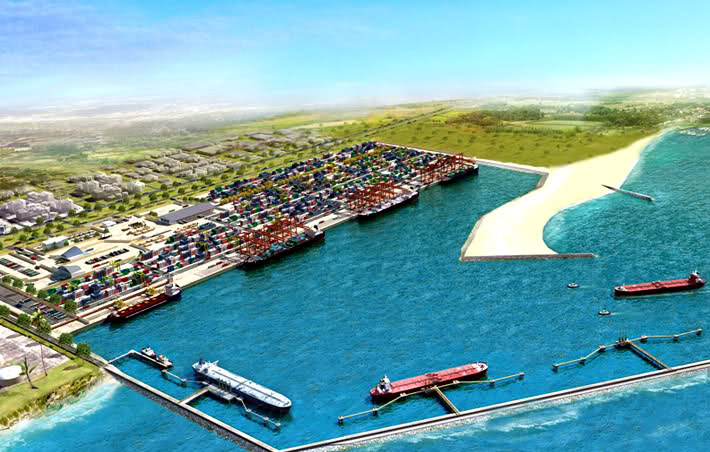
By Adedapo Adesanya
The Managing Director of Lekki Port LFTZ Enterprise Limited, Mr Wang Qiang, says the port has reached half of its designed operational capacity, with steady growth in container throughput since September 2025, reflecting increasing confidence by shipping lines and cargo owners in Nigeria’s first deep seaport.
“We already reached 50 per cent of our capacity now, almost 50 per cent of the port capacity.
“There is consistent improvement in the number of 20ft equivalent units (TEUs) handled monthly,” he said.
Mr Qiang explained further that efficient multimodal connectivity remains critical to sustaining and accelerating growth at the port.
According to him, barge operations have become an important evacuation channel and currently account for about 10 per cent of cargo movement from the port.
Mr Qiang mentioned that the ongoing Lagos–Calabar Coastal Road project would help ease congestion and improve access to the port.
He said that rail connectivity remained essential, particularly given the scale of industrial activities emerging within the Lekki corridor.
He said that Nigeria Government was concerned about the cargoes moving through rail and that the development would enhance more cargoes distribution outside the port.
Mr Qiang reiterated that Lekki port was a fully automated terminal, noting that delays may persist until all stakeholders, including government agencies, fully aligned with end-to-end digital processes.
He explained that customs procedures, particularly physical cargo examinations, and other port services should be fully digitalised to significantly reduce cargo dwell time.
“We must work together very closely with customers and all categories of operations for automation to yield results.
“Integration between the customs system, the terminal operating system and customers is already part of an agreed implementation schedule.
“For automation to work efficiently, all players must be ready — customers, government and every stakeholder. Only then can we have a fantastic system,” Mr Qiang said.
He also stressed that improved connectivity would allow the port to effectively double capacity through performance optimisation without expanding its physical footprint.
Economy
Investors Reaffirm Strong Confidence in Legend Internet With N10bn CP Oversubscription

By Aduragbemi Omiyale
The series 1 of the N10 billion Commercial Paper (CP) issuance of Legend Internet Plc recorded an oversubscription of 19.7 per cent from investors.
This reaffirmed the strong confidence in the company’s financial stability and growth trajectory.
The exercise is a critical component of Legend Internet’s N10 billion multi-layered financing programme, designed to support its medium- to long-term growth.
Proceeds are expected to be used for broadband infrastructure expansion to deepen nationwide penetration, optimise the organisation’s working capital for operational efficiency, strategic acquisitions that will strengthen its market position and accelerate service innovation.
The telecommunications firm sees the acceptance of the debt instruments as a response to its performance, credit profile, and disciplined operational structure, noting it also reflects continued trust in its ability to execute on its strategic vision for nationwide digital infrastructure expansion.
“The strong investor participation in our Series 1 Commercial Paper issuance is both encouraging and validating. It demonstrates the market’s belief in our financial integrity, operational strength, and long-term vision for digital infrastructure growth. This support fuels our commitment to building a more connected, competitive, and digitally enabled Nigeria.
“This milestone is not just a financing event; it is a strategic enabler of our expansion plans, working capital needs, and future acquisitions. We extend our sincere appreciation to our investors, advisers, and market partners whose confidence continues to propel Legend Internet forward,” the chief executive of Legend Internet, Ms Aisha Abdulaziz, commented.
Also commenting, the Chief Financial Officer of Legend Internet, Mr Chris Pitan, said, “This achievement is powered by our disciplined financing framework, which enables us to scale sustainably, innovate continuously, and consistently meet the evolving needs of our customers.
“We remain committed to building a future where every connection drives opportunity, productivity, and growth for communities across Nigeria.”
Economy
Tinubu to Present 2026 Budget to National Assembly Friday
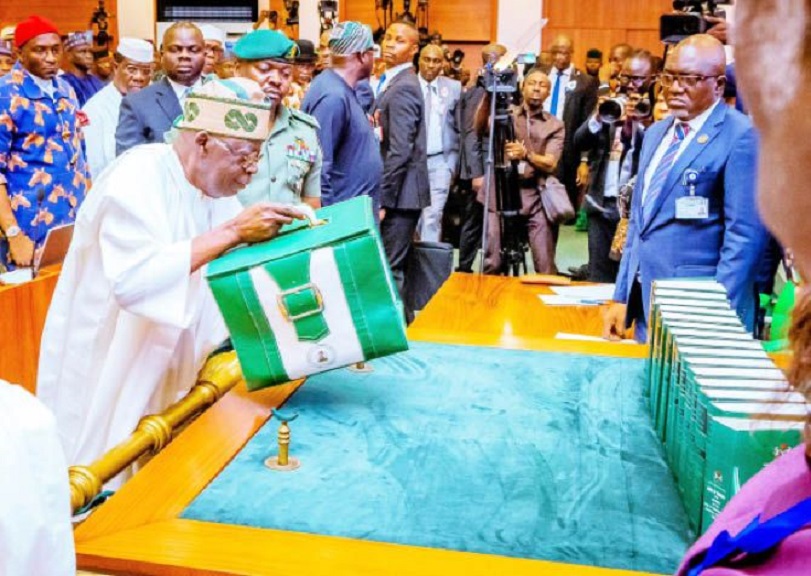
By Adedapo Adesanya
President Bola Tinubu will, on Friday, present the 2026 Appropriation Bill to a joint session of the National Assembly.
The presentation, scheduled for 2:00 pm, was conveyed in a notice issued on Wednesday by the Office of the Clerk to the National Assembly.
According to the notice, all accredited persons are required to be at their duty posts by 11:00 am on the day of the presentation, as access into the National Assembly Complex will be restricted thereafter for security reasons.
The notice, signed by the Secretary, Human Resources and Staff Development, Mr Essien Eyo Essien, on behalf of the Clerk to the National Assembly, urged all concerned to ensure strict compliance with the arrangements ahead of the President’s budget presentation.
The 2026 budget is projected at N54.4 trillion, according to the approved 2026–2028 Medium-Term Expenditure Framework (MTEF) and Fiscal Strategy Paper (FSP).
Meanwhile, President Tinubu has asked the National Assembly to repeal and re-enact the 2024 appropriation act in separate letters to the Senate and the House of Representatives on Wednesday and read during plenary by the presiding officers.
The bill was titled Appropriation (Repeal and Re-enactment Bill 2) 2024, involving a total proposed expenditure of N43.56 trillion.
In a letter dated December 16, 2025, the President said the bill seeks authorisation for the issuance of a total sum of N43.56 trillion from the Consolidated Revenue Fund of the Federation for the year ending December 31, 2025.
A breakdown of the proposed expenditure shows N1.74 trillion for statutory transfers, N8.27 trillion for debt service, N11.27 trillion for recurrent (non-debt) expenditure, and N22.28 trillion for capital expenditure and development fund contributions.
The President said the proposed legislation is aimed at ending the practice of running multiple budgets concurrently, while ensuring reasonable – indeed unprecedentedly high – capital performance rates on the 2024 and 2025 capital budgets.
He explained that the bill also provides a transparent and constitutionally grounded framework for consolidating and appropriating critical and time-sensitive expenditures undertaken in response to emergency situations, national security concerns, and other urgent needs.
President Tinubu added that the bill strengthens fiscal discipline and accountability by mandating that funds be released strictly for purposes approved by the National Assembly, restricting virement without prior legislative approval, and setting conditions for corrigenda in cases of genuine implementation errors.
The bill, which passed first and second reading in the House of Representatives, has been referred to the Committee on Appropriations for further legislative action.
-

 Feature/OPED6 years ago
Feature/OPED6 years agoDavos was Different this year
-
Travel/Tourism9 years ago
Lagos Seals Western Lodge Hotel In Ikorodu
-

 Showbiz3 years ago
Showbiz3 years agoEstranged Lover Releases Videos of Empress Njamah Bathing
-

 Banking7 years ago
Banking7 years agoSort Codes of GTBank Branches in Nigeria
-

 Economy3 years ago
Economy3 years agoSubsidy Removal: CNG at N130 Per Litre Cheaper Than Petrol—IPMAN
-

 Banking3 years ago
Banking3 years agoFirst Bank Announces Planned Downtime
-

 Banking3 years ago
Banking3 years agoSort Codes of UBA Branches in Nigeria
-

 Sports3 years ago
Sports3 years agoHighest Paid Nigerian Footballer – How Much Do Nigerian Footballers Earn






